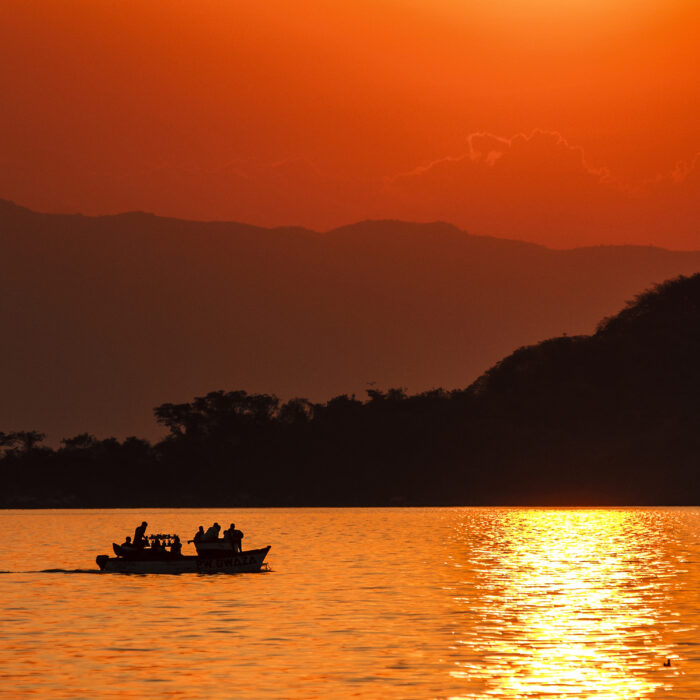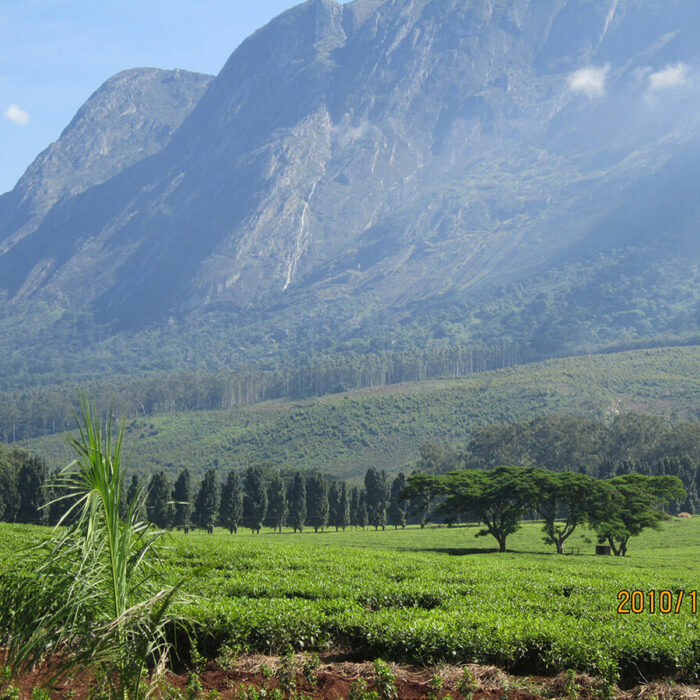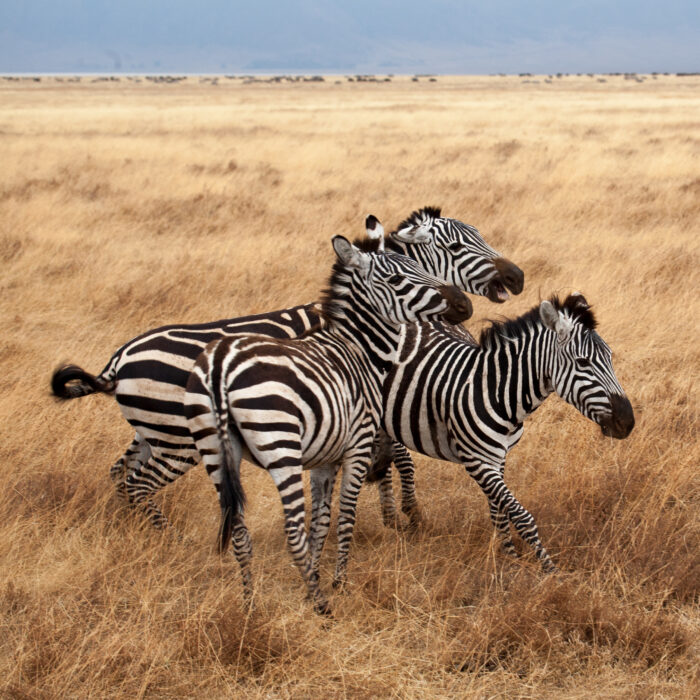EcoRegions

Lake Malawi National Park
Hundreds of fish species swarm the clear waters of this protected area which could benefit from increased levels of ecotourism.

Mulanje Mountain Forest Reserve
The Mulanje cypress once covered the slopes of this towering peak, but has been so heavily logged it is now endangered. This area is its last refuge.

Nyika National Park
Rich in zebras, bushbuck, leopards, orchids, and other wildflowers, this high altitude park is also an important watershed for the surrounding areas.